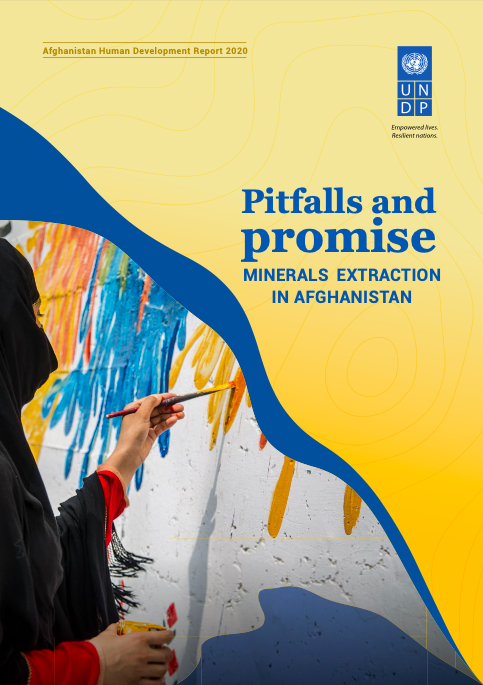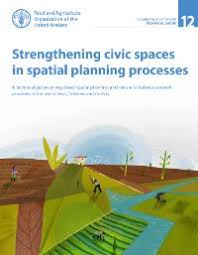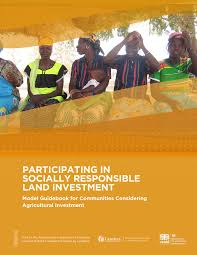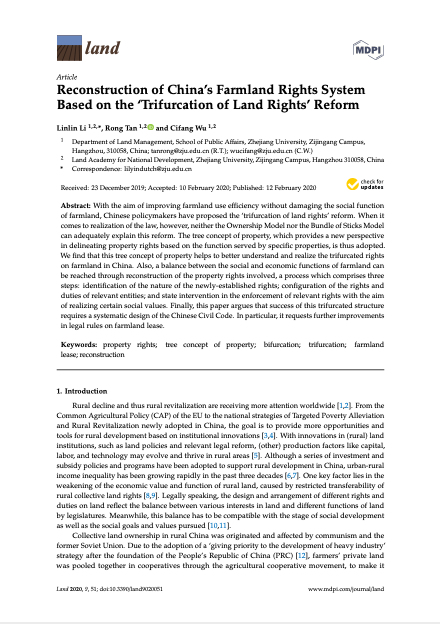Pitfalls and Promise: Minerals Extraction in Afghanistan
The extractive industry can be an important source of human development, economic growth, government revenues and foreign investments. When well-managed, the sector provides possibility to create employment, build human capital, advance peoples mobility by improving infrastructure, and ultimately enhance the overall human development with a positive impact on poverty reduction efforts.









